In an era where artificial intelligence blurs the line between reality and fabrication, California has thrust itself into the national spotlight with a controversial law aimed at curbing "deceptive" deepfakes in political campaigns. Signed into law by Governor Gavin Newsom amid escalating concerns over AI's role in misinformation, the measure—often dubbed a "censorship law" by critics—seeks to protect voters from manipulated media. But as a federal judge recently struck down key provisions, the debate rages: Is this a necessary safeguard for democracy, or an overreach that chills protected speech? This post delves into the law's origins, implications, and the partisan fault lines it exposes, highlighting how it reflects broader tensions in U.S. politics over technology and expression.
The Genesis of the Law: Responding to AI Threats in Elections
California's Assembly Bill 2839, enacted in late 2024 and effective into 2025, prohibits the distribution of "materially deceptive" audio or visual media depicting candidates within 120 days of an election. The legislation targets deepfakes—AI-generated fakes that could sway voters by showing politicians in false scenarios, such as endorsing opponents or making inflammatory statements. Proponents argue it's essential in a digital age where tools like generative AI make forgery effortless and widespread.
Governor Newsom, a Democrat, framed the bill as a defense against "disinformation campaigns" that undermine trust in elections. Supporters point to real-world examples, like a 2024 deepfake video of a candidate appearing to confess to crimes, which spread virally before being debunked. The law allows for exemptions, such as satire or parody clearly labeled as such, and empowers the state attorney general to seek injunctions or fines up to $1,500 per violation.
From a Democratic perspective, this aligns with efforts to fortify electoral processes against foreign interference and domestic manipulation, echoing federal pushes for AI regulation. Liberals often emphasize causation: Unchecked deepfakes could erode voter confidence, leading to lower turnout or disputed results, as seen in past election controversies.
Legal Challenges and the Free Speech Backlash
The ink was barely dry when the law faced swift judicial scrutiny. In August 2025, a federal judge struck down core elements of AB 2839, ruling it violated the First Amendment by imposing content-based restrictions on speech. The decision came in response to lawsuits from groups like the Foundation for Individual Rights and Expression (FIRE), who argued the law's vague definitions could suppress legitimate political discourse, including memes and satirical content.
Critics, predominantly Republicans and conservatives, label it outright censorship, claiming it empowers government officials to decide what constitutes "deception," potentially targeting opposition voices. They argue the law's effects could stifle innovation in political advertising and journalism, where altered media has long been used for emphasis or critique. For instance, conservative commentators on X have decried it as "Newsom's gag order," suggesting it disproportionately affects right-leaning creators who rely on viral, edgy content.
Libertarians take a principled stand against any state intervention in speech, viewing the law as paternalistic overreach. They contend that the marketplace of ideas—bolstered by fact-checkers and public skepticism—should handle misinformation, not bureaucrats. As one X user noted, invoking Justice Brandeis, "The remedy to be applied is more speech, not enforced silence." This view highlights potential unintended consequences: Chilling effects where creators self-censor to avoid lawsuits, ultimately harming open debate.
Judicial Rulings and Ongoing Appeals
The federal injunction doesn't end the fight; California officials have appealed, arguing the law's narrow focus on election-related deepfakes survives strict scrutiny by serving a compelling interest in fair elections. Similar laws in other states, like Texas and Minnesota, have faced mixed fates, setting the stage for possible Supreme Court review. Centrists might see merit in both sides: While protecting voters is crucial, safeguards against abuse—such as clear labeling requirements rather than bans—could mitigate free speech concerns.
Broader Political Ramifications: Partisan Hypocrisy and National Echoes
The deepfake law amplifies accusations of hypocrisy across the aisle. Democrats, including Newsom, have criticized Republican efforts to regulate social media content, yet push for state-level controls on AI. Conversely, Republicans who decry this as censorship have supported measures like Florida's "Stop Social Media Censorship Act," which aimed to prevent platforms from deplatforming conservatives.
Nationally, the issue ties into 2025's midterm dynamics, where AI ethics could influence swing states. President Trump's administration has floated federal guidelines, but with a deregulatory bent favoring tech innovation. Libertarians advocate for minimal intervention, proposing voluntary industry standards over mandates.
Comparative Views: Republicans, Democrats, and Libertarians
- Republicans/Conservatives: Often oppose as government overreach, fearing selective enforcement against right-wing speech. They prioritize absolute free expression, arguing voters can discern fakes.
- Democrats/Liberals: Support as proactive protection, citing evidence of deepfakes' disruptive potential. They view it as akin to existing libel laws, adapted for modern tech.
- Libertarians: Reject outright, emphasizing individual responsibility and minimal state involvement. They warn of slippery slopes toward broader censorship.
Other "Censorship" Measures in California's Pipeline
While AB 2839 grabs headlines, related bills fuel the discourse. AB 715, aimed at preventing antisemitism in education, has been criticized as disguised censorship, with teachers vowing resistance if signed. Conversely, a new law banning book censorship in public libraries pushes back against conservative-led bans elsewhere, promoting access to diverse materials. These illustrate California's patchwork approach: Progressive on some fronts, restrictive on others.
In conclusion, California's deepfake law embodies the high-stakes clash between safeguarding democracy and preserving unfettered speech. As appeals unfold and AI evolves, the outcome could reshape how states regulate digital content nationwide. Does this law go too far, or not far enough? How should policymakers balance innovation with integrity? Share your perspective in the comments—your voice matters in this debate.



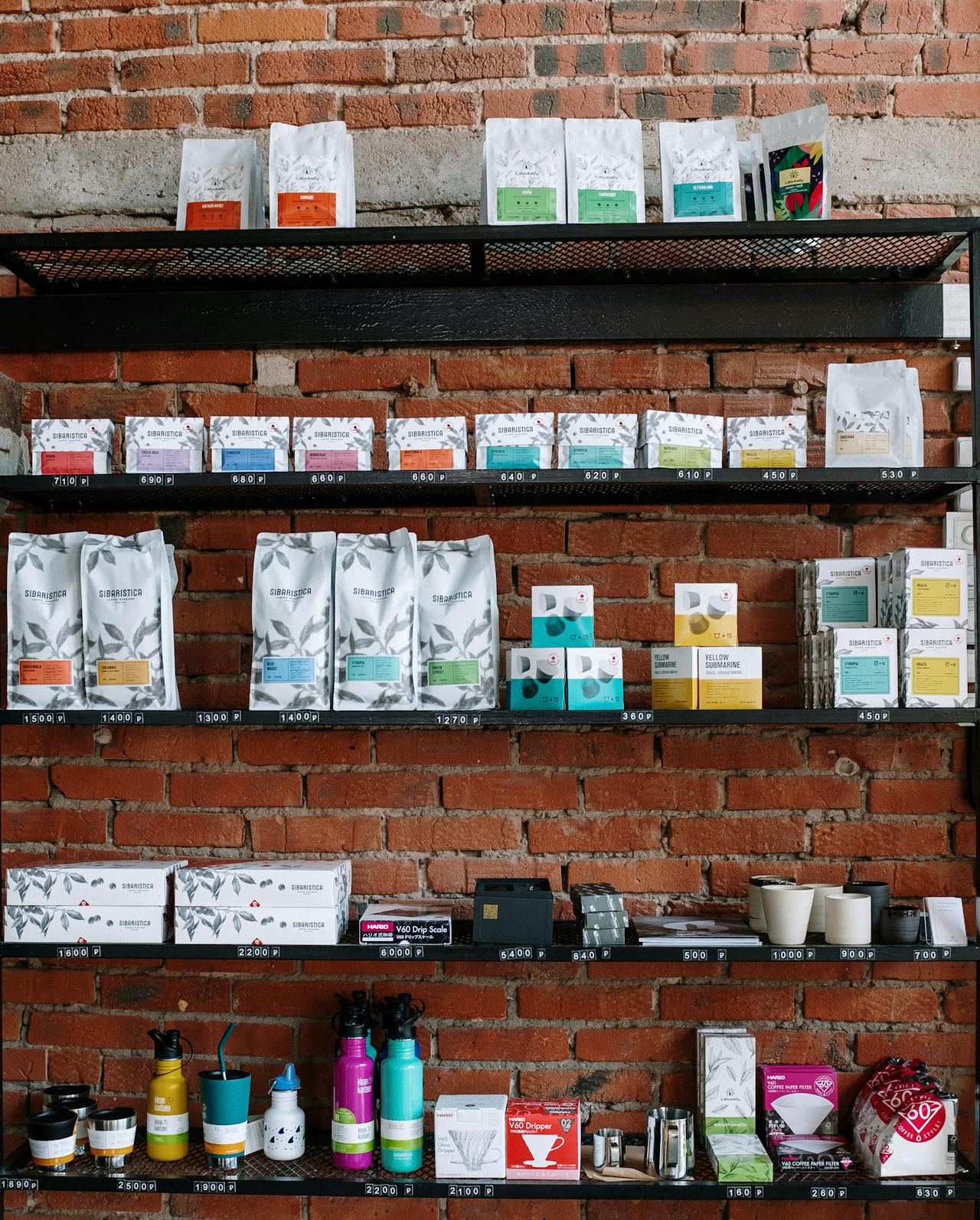
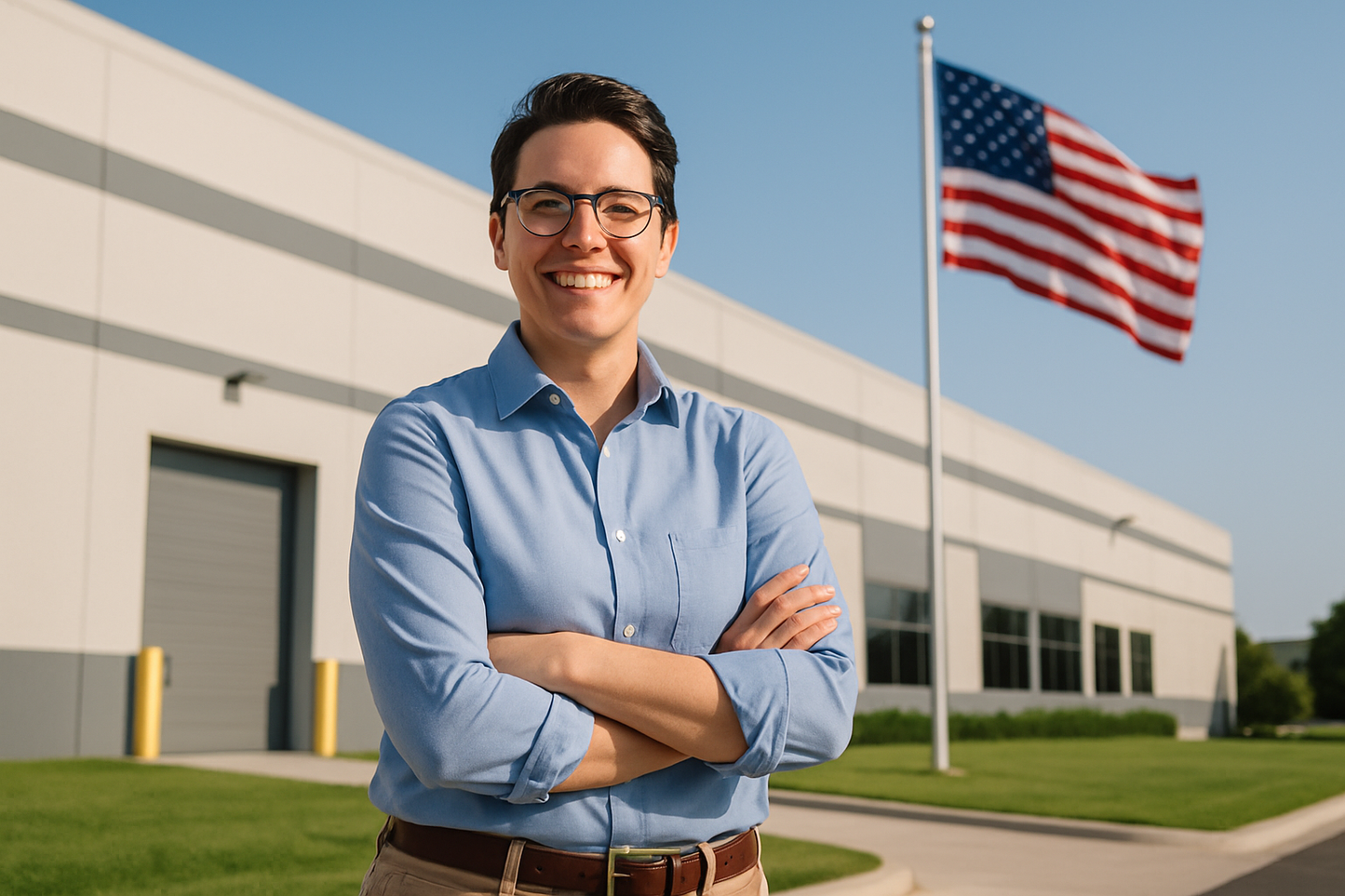
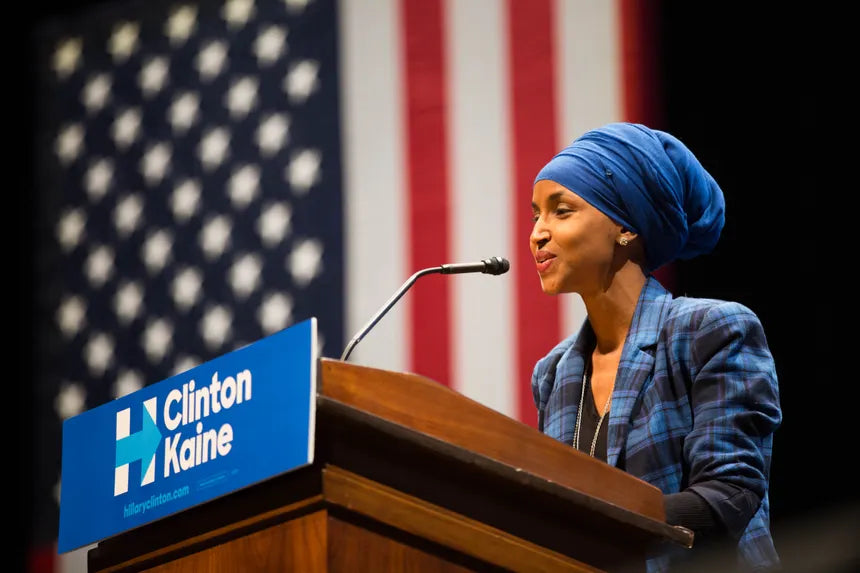
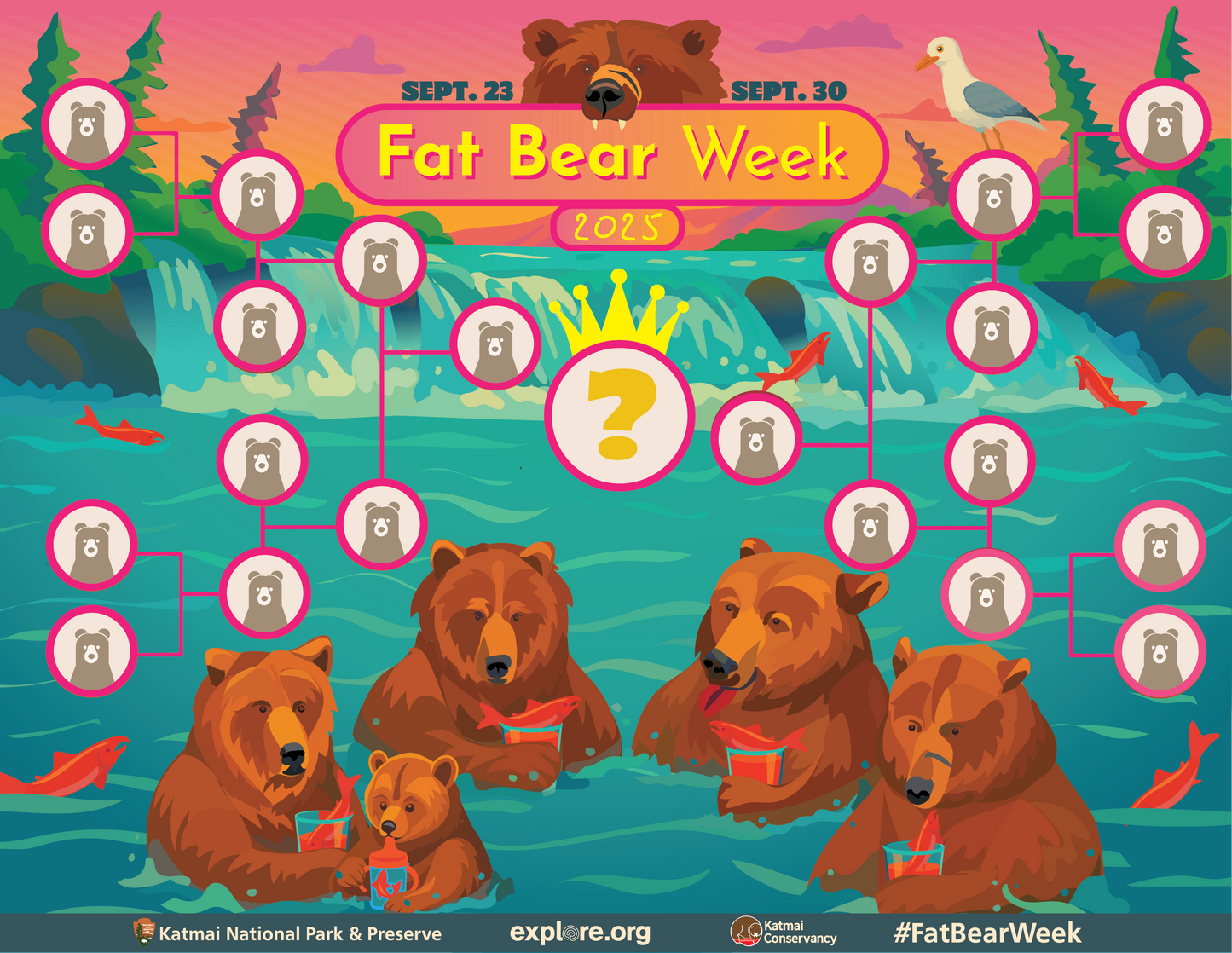



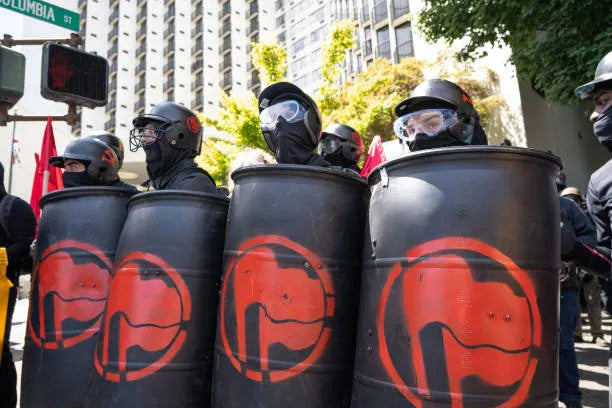

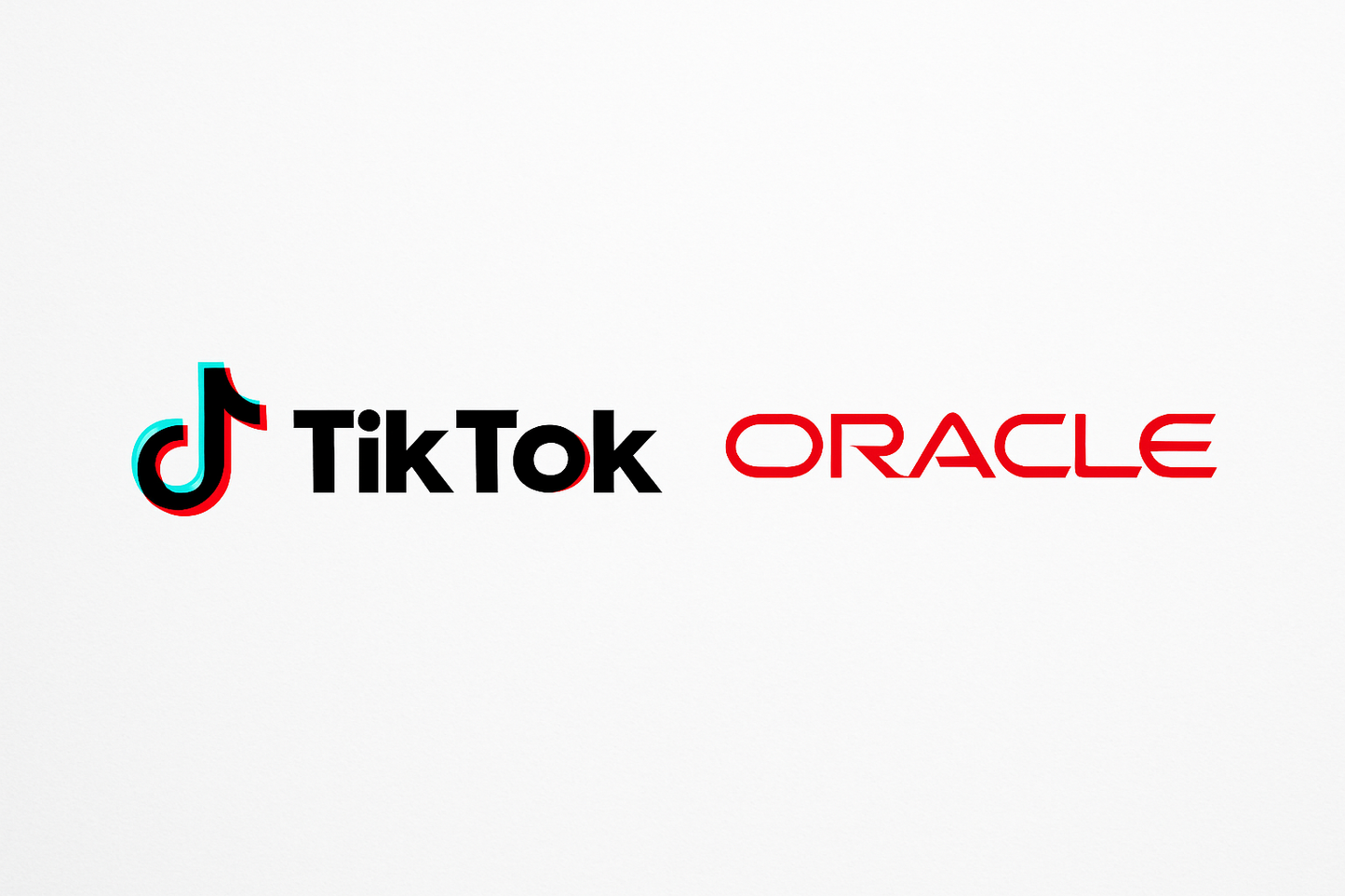
Leave a comment